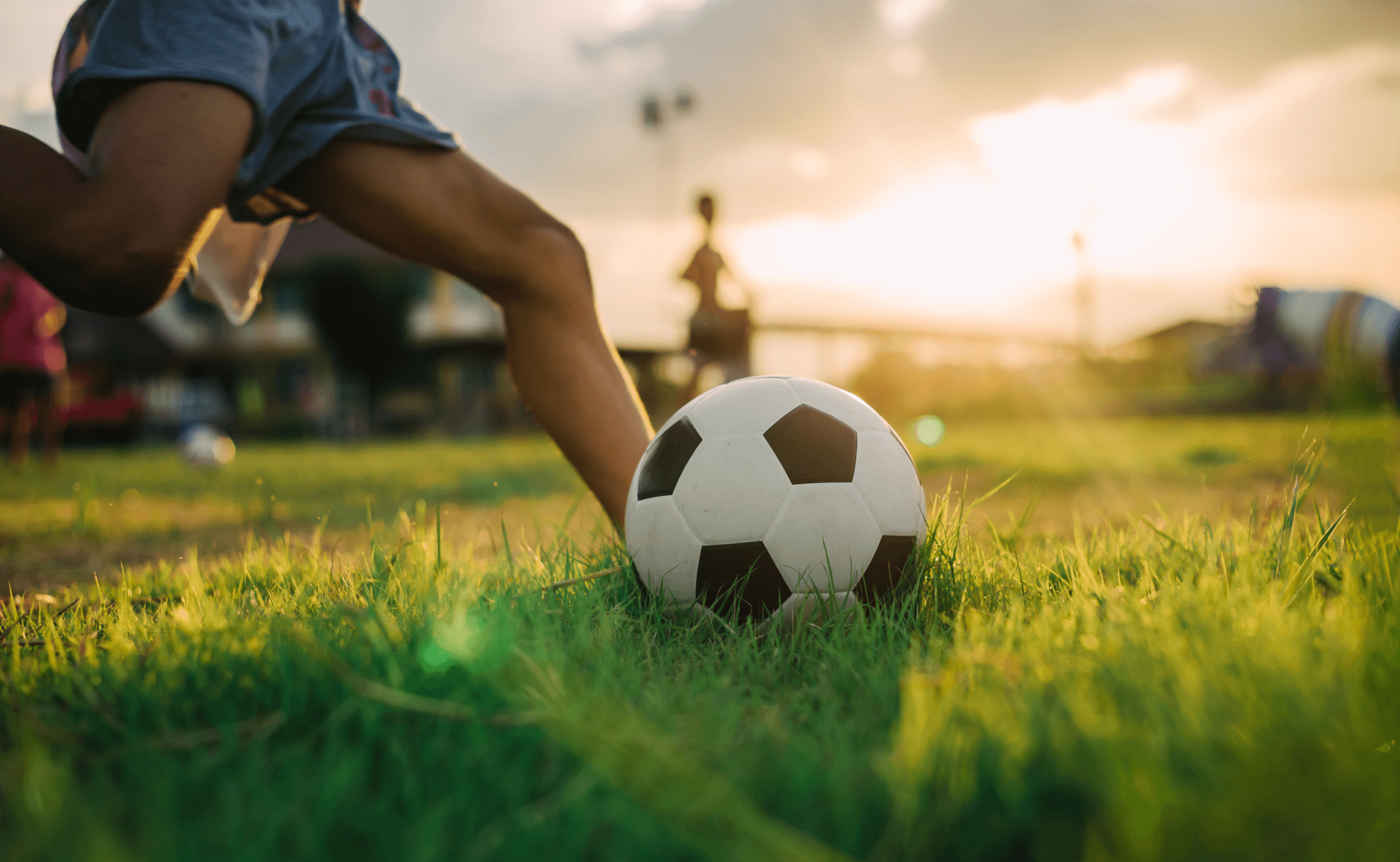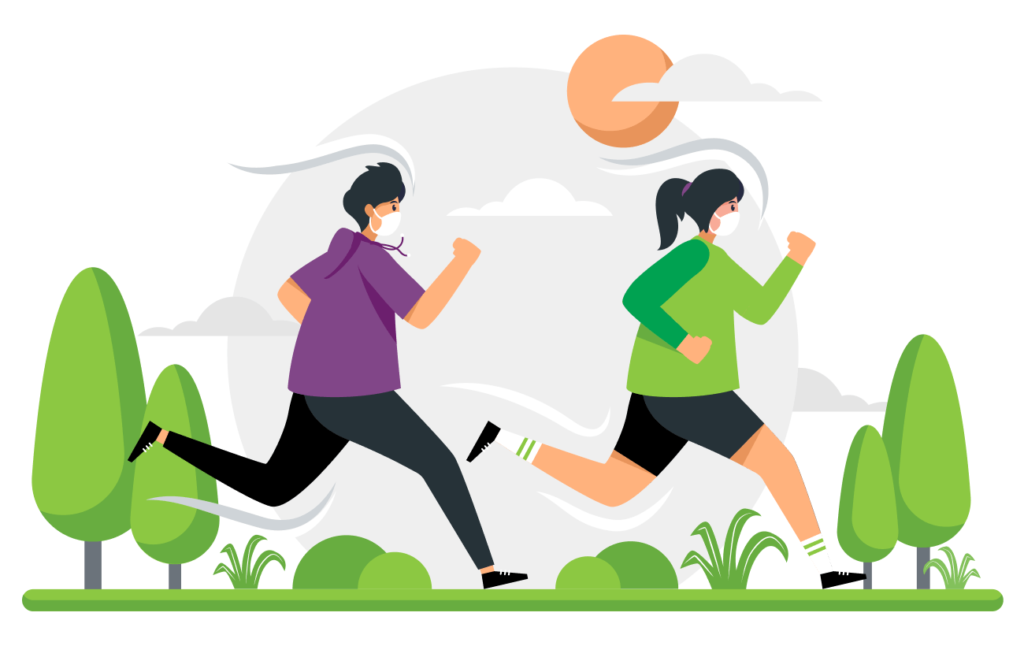Is It Safe to Resume School Sports?

Sports are a big part of many kids’ lives. And they may be eager to play even during this pandemic. However, if you are a parent of a young athlete, you may be wondering: Is it still safe for my child to play sports?
According to the American Academy of Pediatrics (AAP), even though children may get COVID-19 less often than adults, kids aren’t immune and can get sick from the coronavirus. They can also pass the virus on to others.
Still, playing sports offers many physical and mental health benefits for kids. It’s good for their heart, lungs, and overall fitness. Exercise also is good for a healthy immune system.
How risky any sport is for spreading of the virus that causes COVID-19 depends on how and where it’s played.
For example:
Does the sport require a lot of close contact? Close contact sports such as football, wrestling, and hockey, are higher risk than sports that let players keep a distance.
Other considerations:
- Do the players share equipment, like bats, balls or sticks?
- Is the sport played indoors or outdoors? Indoor sports are more risky than outdoor ones.
- How many players are on each team? Smaller numbers are less risky.
- Do the teams travel? It’s safer to stay within your own community.
- Are masks being worn? The more people who wear masks, the better. That includes athletes, coaches, and officials.

Steps to help keep everyone safe
The AAP has issued guidelines to help keep players, coaches, and families safe. These include the following tips:
Be vigilant. Parents should check to be sure the activity is approved by their local and state government. In New York state, lower-risk, school-sponsored sports in all regions may begin to practice and play beginning September 21. Higher-risk sports, including those with full physical contact, may begin to practice on September 21, but cannot play until a later date or December 31. Practices for higher-risk sports are limited to individual or group with no- to low-contact training.
See a doctor. All athletes should undergo a physical exam before resuming sports. At CDPHP®, preventive care services such as physical exams and vaccinations are available at no-cost when provided by an in-network doctor.
Buy personal equipment. Each child should have their own face mask, hand sanitizer, towel, tissues, and water bottle labeled with their name.
Stay in place. Athletes should stay in the car or assigned location until the coach arrives, ready to practice or play.
Practice safety measures. Everyone should avoid gathering in groups before practice, maintain social distancing, and wear a face mask. And whenever possible, athletes should keep six feet away from each other.
Know when to wear masks. Athletes should wear their face masks when on the sidelines, in dugouts, or during team chats. However, masks should not be worn during active exercise, in water sports, or in sports where masks could accidentally cover their eyes (think gymnastics or cheerleading).
Celebrate safely. Everyone should avoid high-fives, fist bumps and handshakes. Athletes should not share food or drink with teammates. And no cheering, chanting, or singing when closer than six feet from each other.
Keep equipment safe. Athletes should store their personal equipment six feet away from teammates’ equipment. Also, athletes should try not to share equipment as much as possible. They should sanitize their hands before and after using shared equipment.
Wash up. After practice or games, athletes should sanitize their hands. Face coverings, towels, and clothes should be washed. Personal sports equipment should be cleaned.
If questions or concerns arise as play begins, contact your child’s primary care physician.
And, if a sports injury occurs and you aren’t sure if you should head to the emergency room, ER Anywhere is the perfect solution. ER Anywhere, which is offered at no-cost to CDPHP members, is a virtual emergency medicine service―powered by United Concierge Medicine―that allows you to connect with a physician 24/7 from the comfort of your home.
If you have concerns or questions relating to COVID-19, the CDPHP Care Team can help. Just call (518) 641-3466 for extra help or visit the CDPHP COVID-19 Information and Resources webpage.
 The Daily Dose
The Daily Dose
Comments are closed.